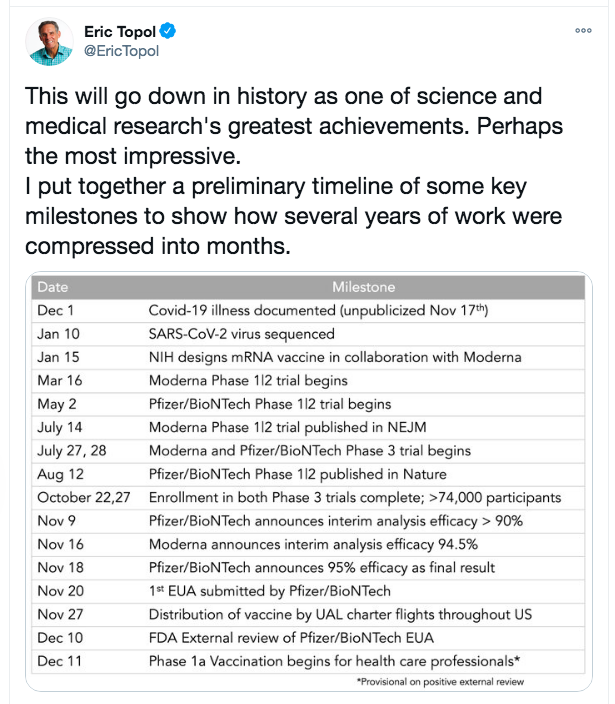Volcanoes are erupting in The Philippines, but on-fire Australia received some welcome rain. The Iran war cries have been called off and The Donald’s military powers are about to be hamstrung by the Senate. Meanwhile, his impeachment trial is starting, and we’re all on Twitter for a front-row seat.
The Silver Lining of Negative Media
What we should do when even the CDC says the news is too much to handle
This is an extract from our bi-weekly newsletter, What Could Go Right? Sign up to receive it here.
The proportion of US adults with symptoms of depression has tripled since the start of the pandemic. It’s not just the reality of the pandemic itself that is contributing to our downward psychological spiral. It’s the news, too—so much so that the CDC has recommended against reading too much of it.
By and large the pandemic has been a terrible experience. It’s only natural the media coverage would reflect this, right? Not quite. It turns out the US–based coverage of the pandemic is particularly depressing. Chew on these takeaways from a new National Bureau of Economic Research paper Why Is All COVID-19 News Bad News?:
- 91% of stories by US major media outlets are negative in tone versus 54% by non-US major sources.
- US major media is negative in tone even in areas with positive scientific developments like school re-openings and vaccine trials.
- There were more US media stories about Trump and hydroxychloroquine than all the stories about companies and individual researchers working on vaccines combined.
- Media negativity is nonresponsive to rising or falling COVID case numbers as well as the political makeup of audiences.
Our point isn’t to pan the US media—we’re fans, really! And the paper also mentions that the US media has better covered the benefits of prosocial behavior like mask-wearing and social distancing than international media. Our point is that the news publishes all of these negative stories because . . . we like them. A lot, if this paper is correct. It’s not hard to imagine the positive feedback loop at play here. Step one: scary, negative headline. Step two: freak out, click, share. Step three: great numbers on this article! Repeat.
What’s useful about our involvement in creating this feedback loop is that we can actually help break it even if we’re not a media insider. The first thing is to understand the problem, and keep it in mind when you read or watch the news. If the media’s negativity bias is a new concept for you and you’re interested in hearing more, TPN Member Steven Pinker is one public voice who has spoken a lot about it. The second thing is to cool it on the relentless sharing of doomsday prophecies. And the third is, if you have the time, to try changing up your news consumption habits for smaller outlets like our friends at GZERO Media, local news, or international sources like Al Jazeera or the BBC. Last, balance out the negativity by hanging out with us—we’ve got the goods on underreported stories of progress.
On the history-making speed of vaccine development, here’s a handy timeline for a visual representation of just how fast we moved. Click to read the whole educational thread.

And, we highly recommend New York Magazine’s We Had the Vaccine the Whole Time for the scientific community’s outlook on how we could be setting ourselves up for success for the next pandemic to come. Turns out it’s possible to use the same strategy that we use every year for the seasonal flu to prepare for “nearly the entire universe of potential future viral pandemics,” ahead of time. The price tag? The equivalent of our military’s fighter-jet program.
There’s been a lot of to-do about the Pfizer vaccine needing two doses. The good news? It’s 88.9% effective against severe COVID after just one. TPN Member Alex Tabarrok on that here.


